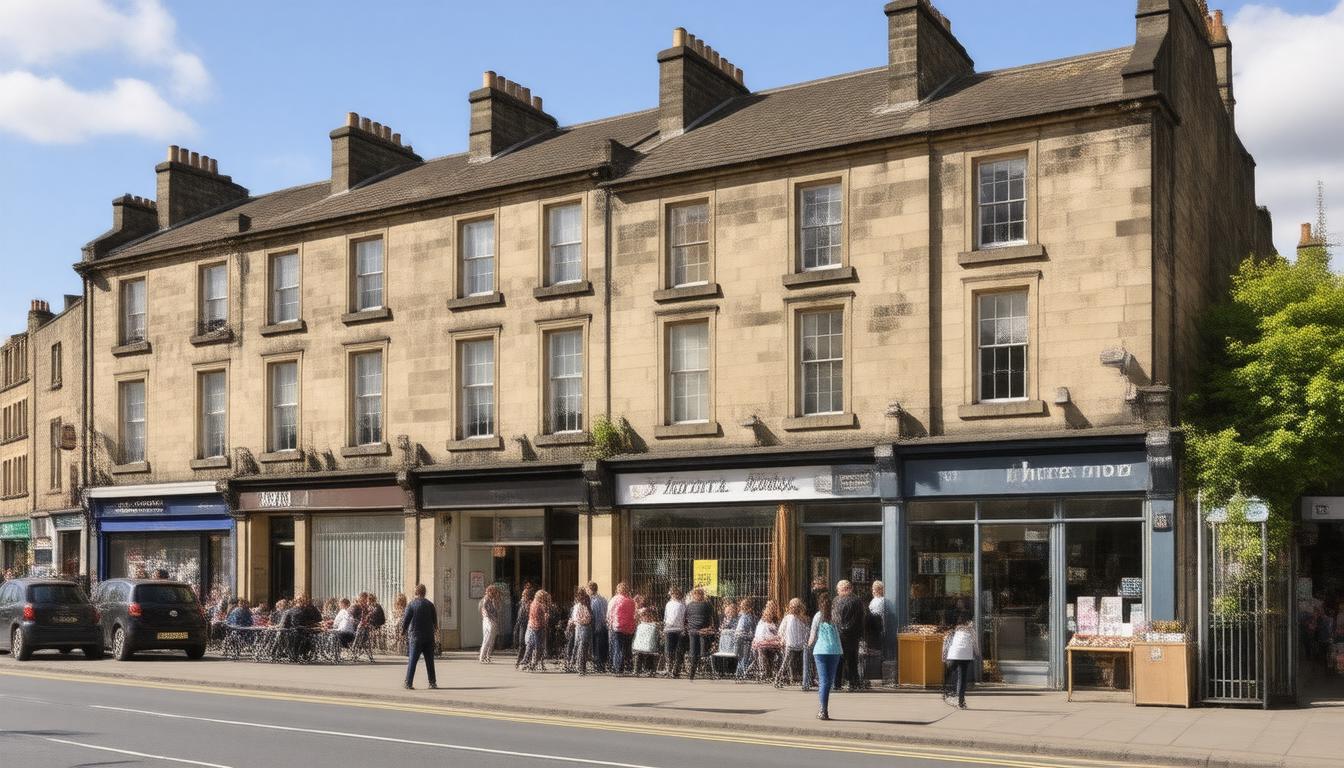In Bradford, a proposal to convert a vacant office space on Godwin Street into a House of Multiple Occupation (HMO) comprising 38 compact bedsits has incited significant local debate. While the developer emphasizes a growing demand from young professionals and PhD students for such compact living solutions, critics, notably the Bradford Civic Society, voice serious concerns about the potential impact on community vibrancy and the effectiveness of saturating the city centre with small residential units. As the city prepares to deliberate on the planning application next month, this development poses critical questions about the balance between economic revitalization and maintaining a diverse, thriving urban community.
Key Takeaways
- The proposal for compact bedsits in Bradford has raised alarms among community advocates regarding its potential impact on local vibrancy.
- The Bradford Civic Society warns that an oversupply of small living spaces may detrimentally affect the character and livability of the city.
- While the developer cites strong demand for such accommodation, concerns linger about the balance between economic growth and community well-being.
Impact on Community Life
In Bradford, plans to convert a once-bustling office space on Godwin Street into 38 compact bedsits have ignited a fiery debate about the future of community life in the city centre. The Bradford Civic Society has criticized the proposal as ‘risky’ and ‘alarming’, highlighting fears of an oversupply of House of Multiple Occupation (HMO) units that could detract from the vibrancy that characterizes urban living (Bradford Civic Society, 2024). This development is positioned to cater primarily to young professionals and PhD students, boasting shared amenities such as kitchens and communal dining areas aimed at fostering a sense of community among residents. However, as the developer maintains a claim of high demand for such accommodation arrangements, detractors argue that the influx of small living spaces might instead lead to a diminished quality of life in the city centre (Bradford Council, 2024). Notably, the existing commercial space has faced challenges in attracting tenants due to its outdated layout and facilities. As the planning application heads towards a decision next month, local advocates remain wary of the implications these conversions could have on the overall character and economic health of Bradford’s urban landscape.
Economic Considerations and Future Outlook
The conversation surrounding the proposed conversion on Godwin Street focuses on economic considerations and the future outlook for Bradford city centre. Proponents argue that transforming the vacant office space into compact bedsits could meet the growing demand for affordable accommodation tailored to students and young professionals, potentially boosting local spending and revitalizing the area (Bradford Economic Forum, 2024). Critics, however, caution that an increase in small living spaces might saturate the market, deterring diverse community engagement and sustainable economic development. With the rising costs of living, creating more varied accommodation types is essential; yet, there is a delicate balance between quantity and quality that city planners must consider (Yorkshire Urban Development Trust, 2024). The local authority’s decision on the planning application will undoubtedly set a precedent for future developments in Bradford, potentially reshaping the urban fabric of the city. As stakeholders await this vital decision, the emphasis on fostering a vibrant community atmosphere alongside economic growth remains paramount.





